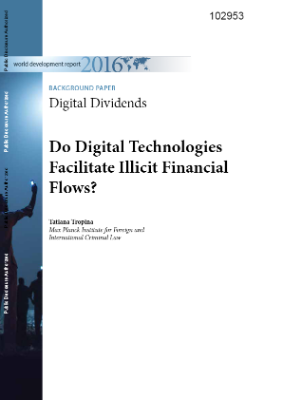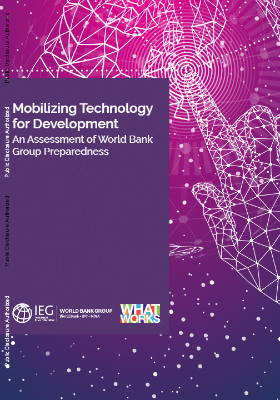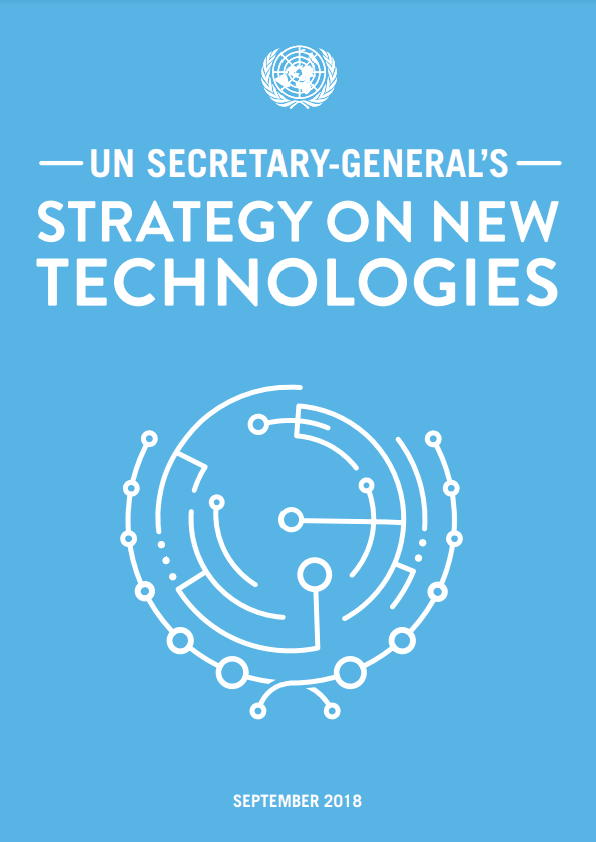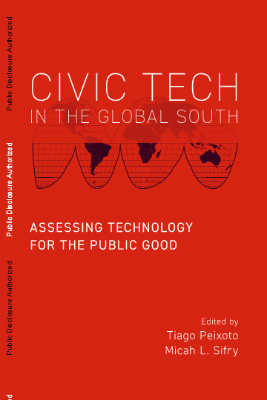The emerging concept of illicit financial flows has become a crosscutting issue on the international agenda in recent years. This umbrella term refers to money illegally earned, transferred, or used. With the development of digital technologies, the use of information and communications networks as a tool for facilitating illicit financial flows is rising as one of the key challenges in tackling the problem of the movement of illegal funds. Digital technologies facilitate illicit financial flows at each stage, be it earning money illegally, transferring illegal funds, or using them. There are several areas where clear links between technology and illicit financial flows can be established.
Acquisition of money
In addition to the creation of the underground illegal markets of cybercrime and cyber-related crime, digital technologies facilitate the migration of traditional organized crime online and provide a number of opportunities for fraud, corruption, tax evasion, and other criminal activities.
Money transfers and use
New digital tools for money transfers, such as online and mobile banking, electronic payments, cryptocurrencies, e-commerce providers, and online gambling services, especially if they are combined, provide a countless number of opportunities to distance money from illegal sources of profit or to illegally transfer money from legal sources. New forms of doing business online, and the digital economy as a whole, facilitate the transfer of illegal profits and the aggregation of illicit funds in offshore accounts, and their placement in fake e-commerce companies and offshore online businesses.
Digital technologies could also be considered as a tool to tackle the problem of the illicit financial flows. They can serve as a source of empowerment and transparency, and could be used in investigations, detection, and disruption of the illegal money transfers.
Technology as a tool for tackling the problem of illicit financial flows can complement, but will never substitute for, proper legal frameworks, international cooperation, and public-private collaboration. The problem of illicit financial flows requires implementation of a complex set of measures, which have to include technological, legal, and organizational components. Furthermore, the use of digital technologies in the investigation of illicit financial flows should always be balanced with human rights and safeguards and take into account privacy issues.











